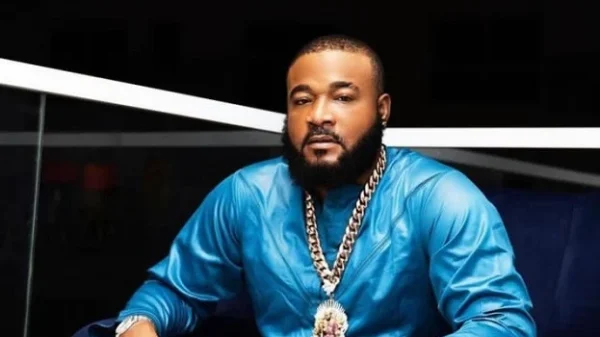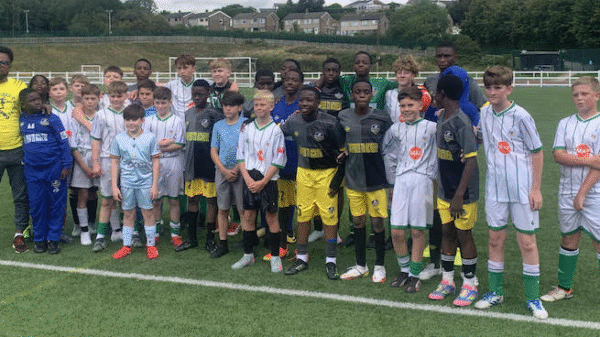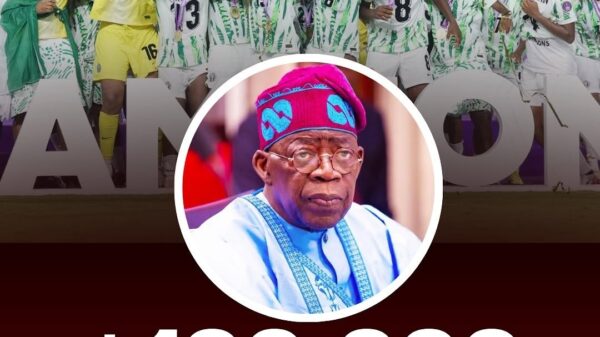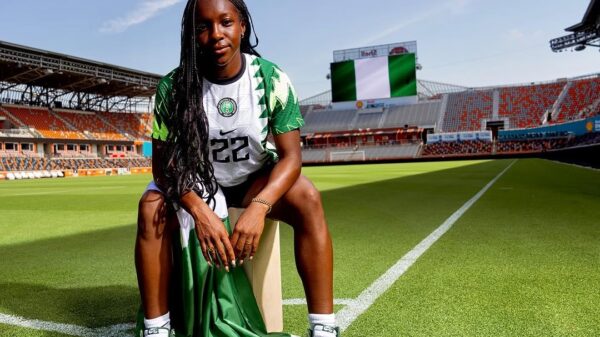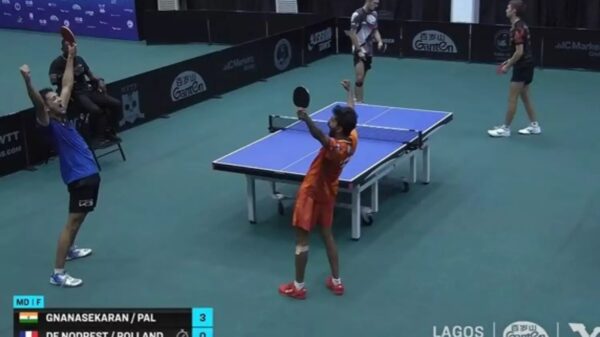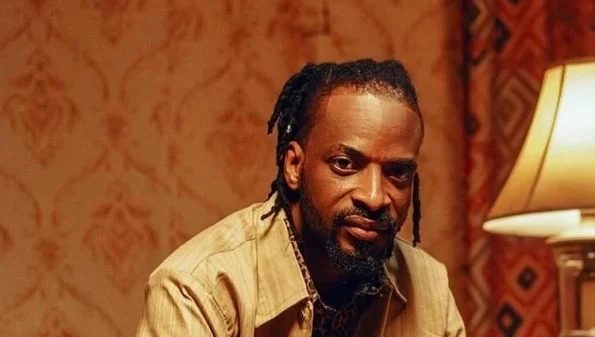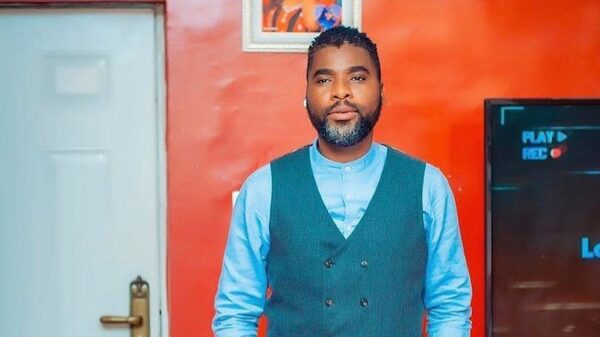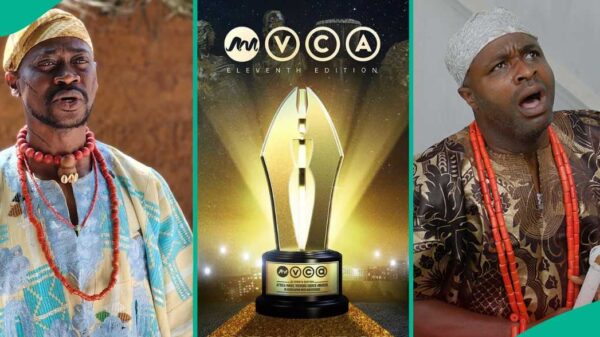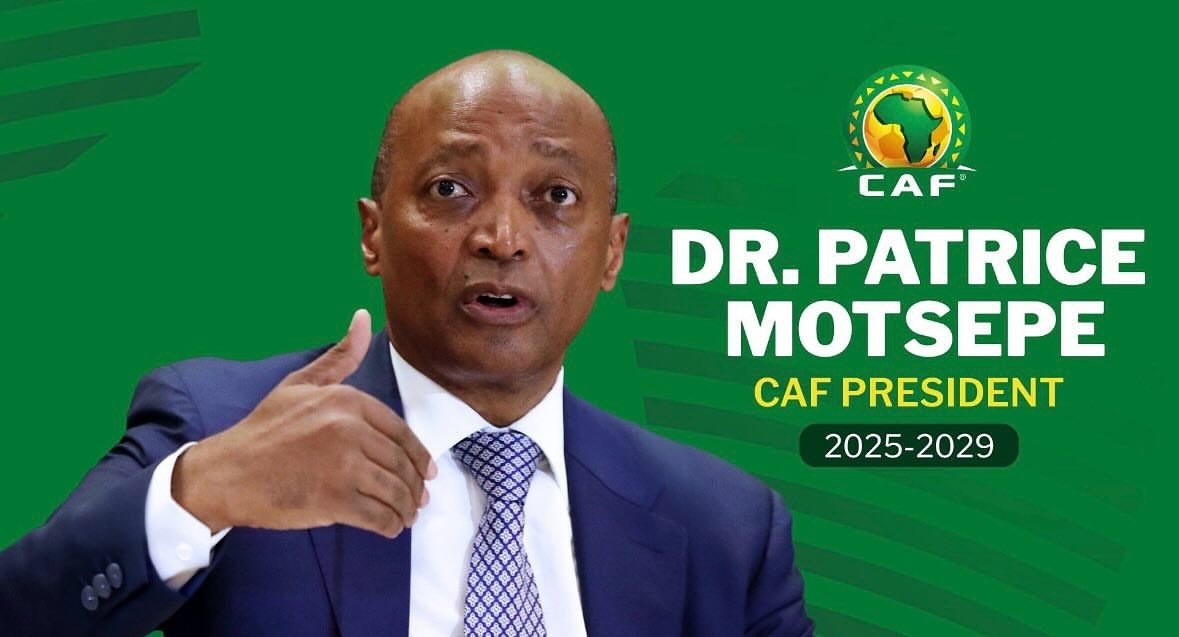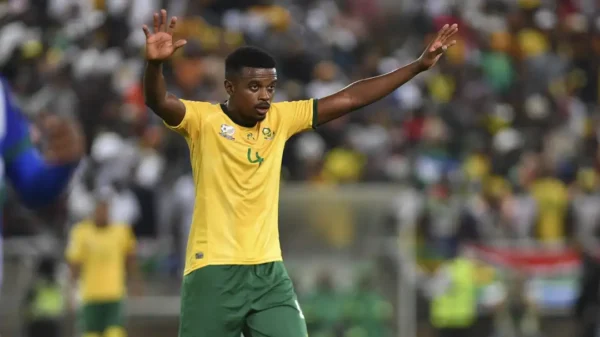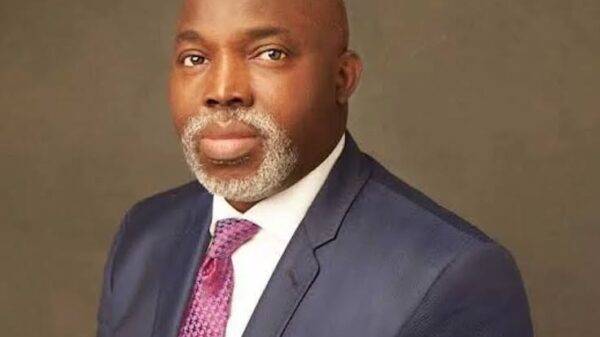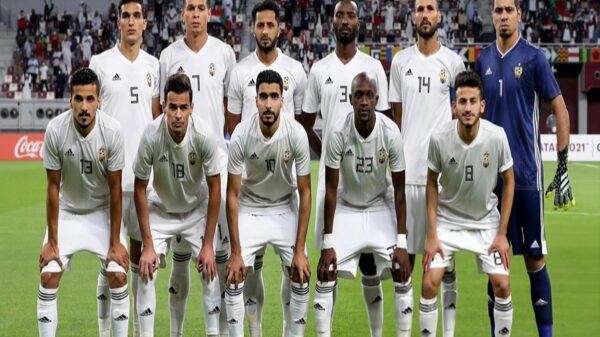Dr. Patrice Motsepe has been re-elected as the President of the Confederation of African Football (CAF), securing another four-year term to continue leading the transformation of African football until 2029. The South African billionaire and mining magnate, who first took office in 2021, ran unopposed and was officially confirmed at the 14th CAF Extraordinary General Assembly in Cairo, Egypt, on March 12, 2025.
A Legacy of Financial and Structural Reforms
Motsepe’s first term was marked by significant strides in stabilizing CAF’s finances and expanding the reach of African football. When he assumed office, CAF was struggling financially, reeling from the loss of its $1 billion media rights deal with Lagardère and lingering debt issues. However, under his leadership, CAF successfully cleared its debts, increased prize money for its competitions, and boosted financial support for member associations.
One of the biggest highlights of his tenure was the 2023 Africa Cup of Nations (AFCON) in Ivory Coast, which shattered records by drawing a global audience of 2 billion viewers across 180 countries. CAF also reported an unprecedented $72 million profit from the tournament, signaling the growing commercial viability of African football.
Motsepe also spearheaded the launch of the African Football League (AFL) in 2022, a groundbreaking initiative with an initial $100 million operating budget aimed at elevating club football across the continent.
Restoring CAF’s Credibility
Taking over from the scandal-ridden Ahmad Ahmad, who was banned by FIFA for corruption, Motsepe has worked closely with FIFA to restore credibility and transparency in CAF’s operations. His ability to strengthen CAF’s governance and secure strategic partnerships has been a cornerstone of his presidency.
Infrastructure and the Future of African Football
One of Motsepe’s biggest challenges moving forward is infrastructure development. While progress has been made, many African nations still lack FIFA-standard stadiums. Upon his re-election, Motsepe reaffirmed his commitment to changing this, stating:
“Now, we have 12 nations who are not playing home games in their countries. Previously, it was 38 nations, but we want to make sure everyone can have a standard stadium and play their matches at home.”
His broader vision is clear—to make African football globally competitive. With better facilities, stronger leagues, and increased financial investment, CAF aims to position Africa as a footballing powerhouse on the world stage.
What Lies Ahead?
As Motsepe embarks on his second term, the key questions remain:
- Will he successfully implement sustainable stadium development across the continent?
- Can he further enhance CAF’s financial standing and global partnerships?
- How will CAF’s competitions evolve under his leadership?
With African football at a critical juncture, expectations are high. What are your thoughts on Motsepe’s re-election and the future of African football? Share your opinions below!




